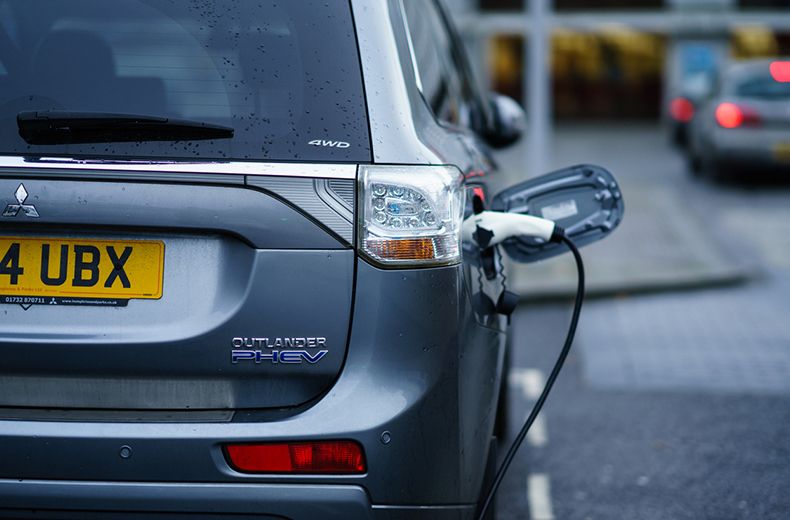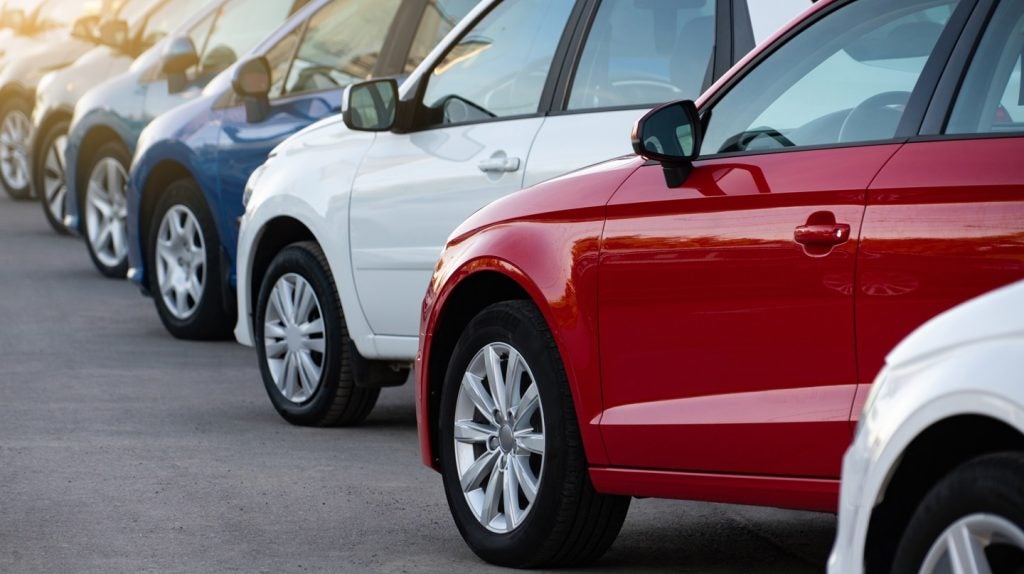
Hybrid vehicles have surpassed petrol and diesel as the most popular car for motorists, according to research from Close Brothers Motor Finance, with one in four planning a hybrid as their next vehicle purchase.
In the report, Britain Under the Bonnet, data revealed that only one in five (22%) intend to purchase a petrol engine vehicle, a 15% decline since 2020.
Conversely, the desire to purchase hybrid has accelerated from 21% since 2020, most notably amongst those age 25-34.
Following the governments decision to advance the ban of ICE-vehicles by 2030, numerous carmakers have revealed plans to terminate production of such models over the next few years.
Commenting on the trends, Seán Kemple, managing director of Close Brothers Motor Finance, said: “The news headlines have been fuelled by manufacturers making bold claims about their plans for a greener future, with Jaguar Land Rover and Ford being just some of the latest cars makers to confirm the end of petrol and diesel models.
“Throw into the mix the government’s ban on sales of new petrol and diesel cars being brought forward to 2030, it’s no surprise motorists are turning away from these engine types, and as our research shows, opting for hybrid models instead.”
How well do you really know your competitors?
Access the most comprehensive Company Profiles on the market, powered by GlobalData. Save hours of research. Gain competitive edge.

Thank you!
Your download email will arrive shortly
Not ready to buy yet? Download a free sample
We are confident about the unique quality of our Company Profiles. However, we want you to make the most beneficial decision for your business, so we offer a free sample that you can download by submitting the below form
By GlobalDataThe research also found that price was the principal driver across all vehicle types at 48%, followed by how economical the vehicle is to run at 47%. Impact on the environmental came in third at 40%.
However, the report also revealed that one in seven remain undecided over their next vehicle, increasing to one in five for individuals over 55.
Concerning electric cars, 13% intend to purchase a plug-in electric whilst 12% will choose battery electric. Despite growing popularity, several significant concerns require consideration if uptake of EVs is to continue.
Addressing the issue of electric vehicle infrastructure, Kemple continued: “We are still languishing in the tens of thousands of much needed electric car charging points – we need to get to 2m to meet the ambitious 2030 goals.
“Coupled with the government cutting grants for electric car buyers, the industry is at risk of not going in the right direction. We’re less than a decade away before the ban, so time really is of the essence.”
Yesterday, the British government announced it would pledge £30m in funding to research in battery technology, the electric vehicle supply chain and hydrogen vehicles.







